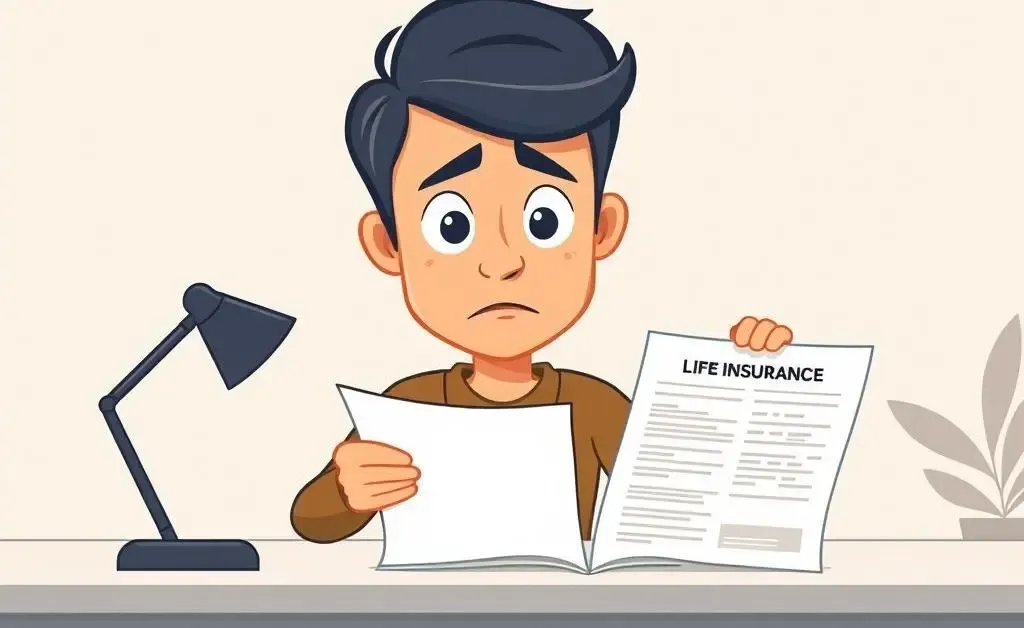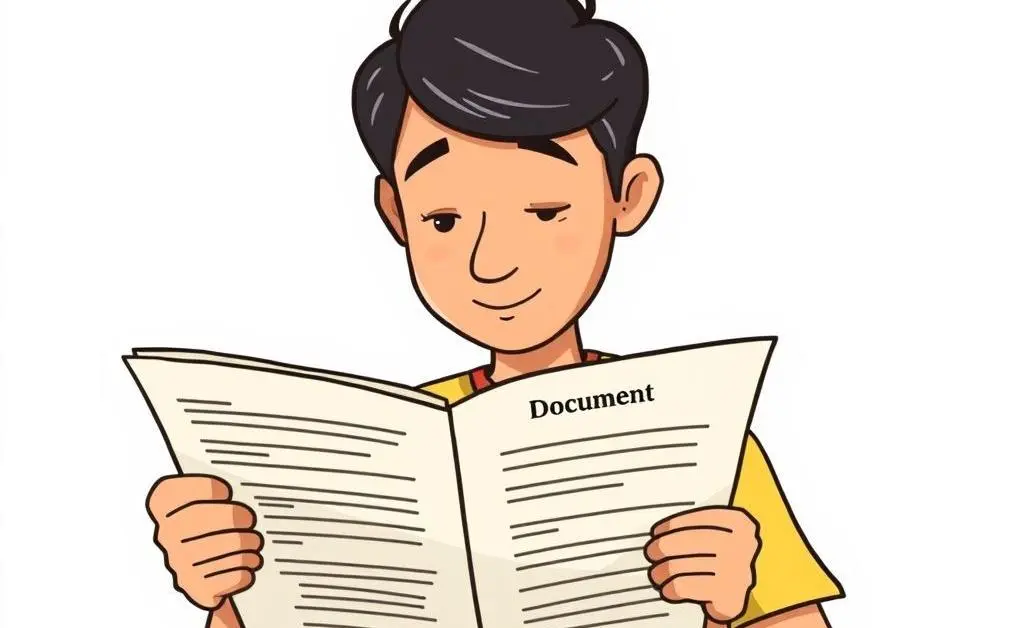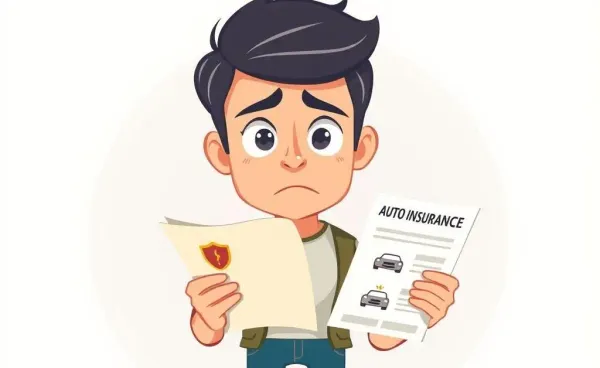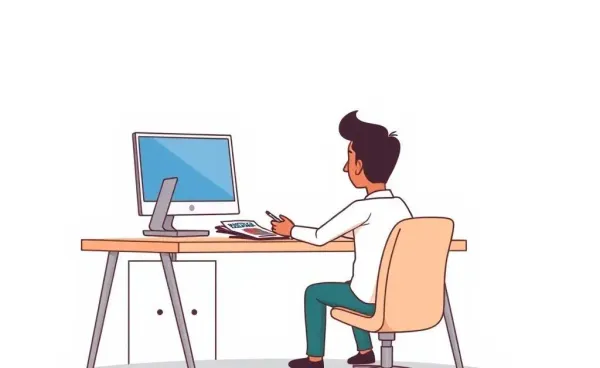Navigating Life Insurance: What Happens If Your Application is Declined?
Learn steps to take if your life insurance application is declined with tips for improving acceptance chances.

Have you ever filled out a life insurance application, only to find it declined after expectantly waiting for a response? If so, you're not alone, and there's no need to worry. Many folks have found themselves in this situation, and navigating the why’s and what to do next isn’t as daunting as it might seem.
Understanding the Decline
When you receive that dreaded notification that your life insurance application has been declined, it’s natural to feel confused or frustrated. The reasons can vary greatly, from health-related issues to inconsistencies in your application data.

Common Reasons for Decline
- Health Concerns: Whether it's a pre-existing condition or recent diagnosis, health is a major factor for insurers.
- Lifestyle Choices: High-risk activities, such as extreme sports or smoking, can affect your application.
- Financial History: A history of bankruptcy or outstanding debts might raise red flags.
- Lack of Disclosure: Omitting critical information can lead to a declined application.
Steps to Take if Declined
If you find yourself in this situation, here’s a personal anecdote that might help. My friend Sarah once applied for life insurance through a popular company. When she was declined, her initial reaction was to give up entirely. Instead, she decided to seek clarification from the insurance company. This conversation shed light on a clerical error in her application. After correcting the issue, she was accepted on her second attempt.

So, what can you do if this happens to you?
Proactive Steps
- Contact the insurer to understand the reasons for decline.
- Review your medical records and financial status to identify potential issues.
- Consider another insurer or insurance type that might be more lenient.
- Work on improving the factors that led to the denial, if possible.
- Consult a financial advisor or insurance specialist for a strategic approach.
Looking Ahead
Remember, a declined application isn’t the end of the road. There are often steps you can take to address the reasons for denial and reapply successfully. Stay informed, be proactive, and most importantly, keep a positive outlook throughout the process.

What steps have you found most helpful when dealing with insurance applications? Or perhaps you have some tips for others in the same boat?




